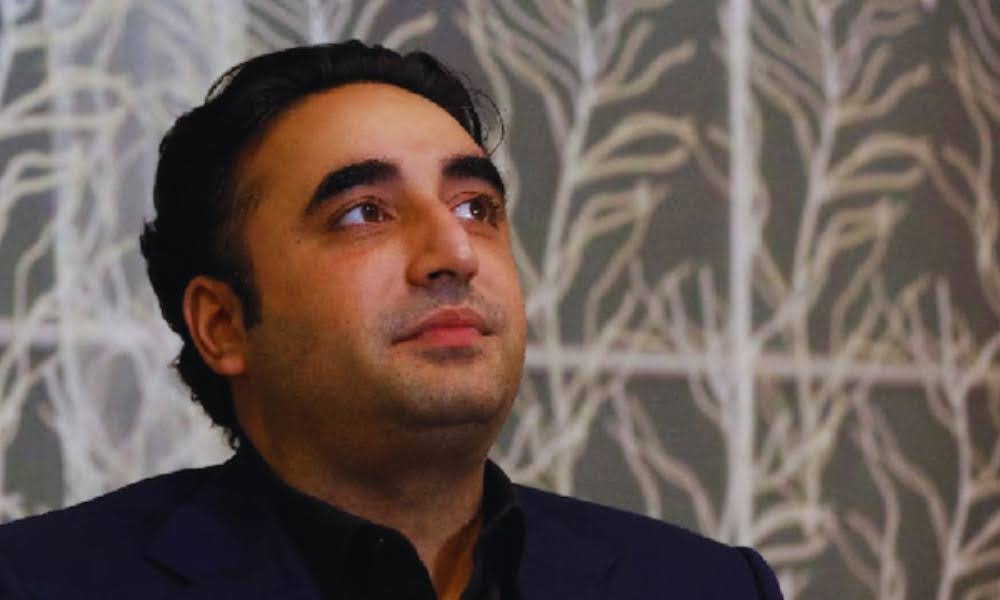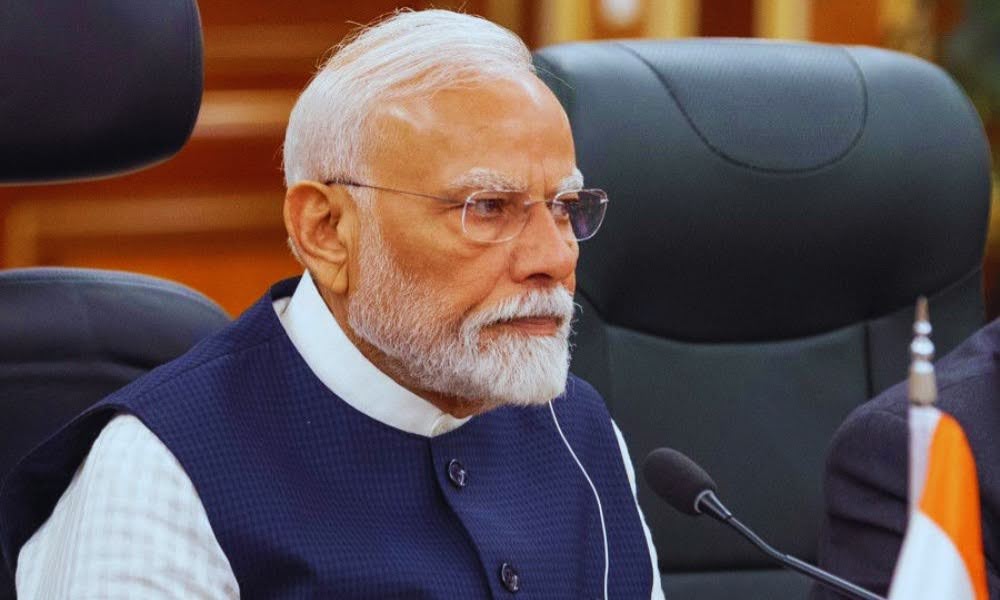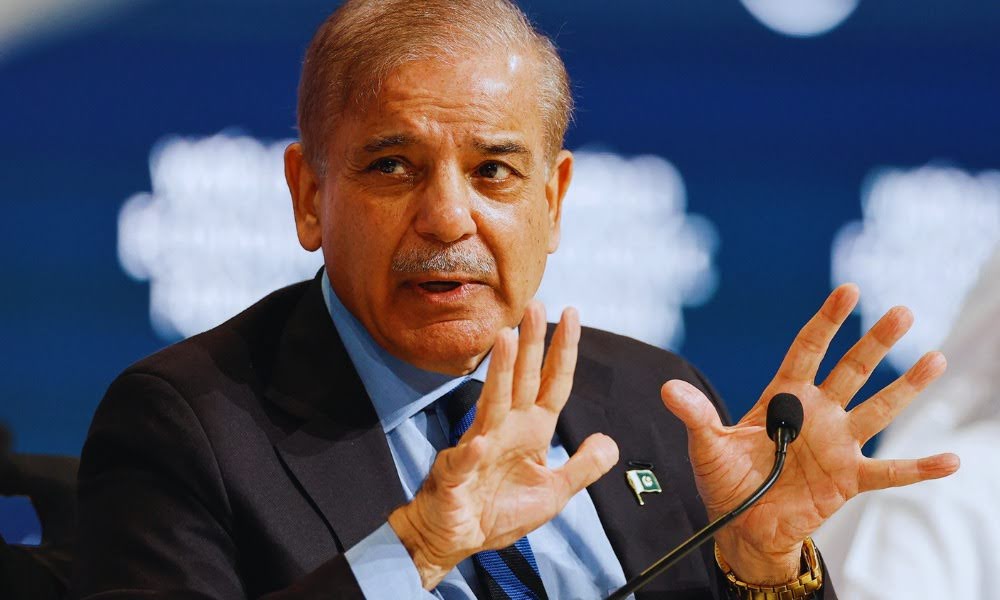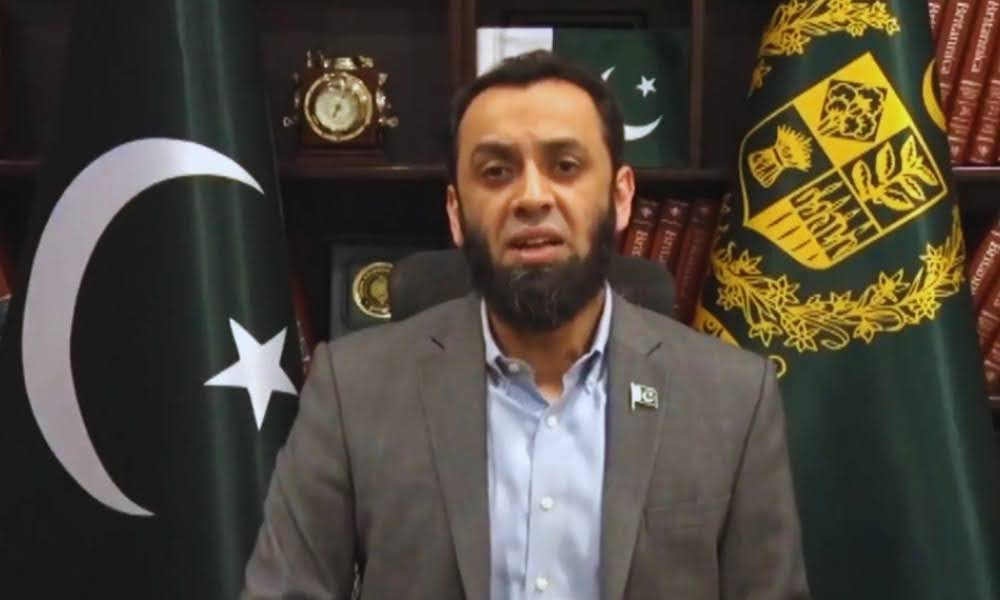Bilawal Bhutto-Zardari Condemns India’s Counter-Terror Strikes in Pakistan and PoK as ‘Cowardly’

Bilawal Bhutto-Zardari, chairman of the Pakistan People’s Party (PPP), has strongly criticized India’s counter-terror operations conducted in Pakistan and Pakistan-occupied Kashmir (PoK).
Calling the precision missile and drone attacks on terrorist hideouts a “cowardly” act, Bhutto labelled the action “an unprovoked, deliberate act of war.”
India carried out Operation Sindoor in retaliation for the April 22 terrorist attack in Pahalgam, which killed 26 civilians.
The Indian military destroyed nine terror-related facilities operated by groups such as Jaish-e-Mohammad and Lashkar-e-Taiba in a 25-minute “measured” and “non-escalatory” strike early Wednesday morning.
Indian Targets Under Operation Sindoor
The Indian military, under Operation Sindoor, struck key terror hubs, including Markaz Taiba of Lashkar-e-Taiba in Muridke, Markaz Subhan Allah of Jaish-e-Mohammad in Bahawalpur, Hizbul Mujahideen’s Mehmoona Joya Facility in Sialkot, and Lashkar’s facilities in Markaz Ahle Hadith in Barnala and a camp in Shawai Nalla, Muzaffarabad.
These locations were identified as strategic operational bases for terror groups involved in cross-border attacks against India.
Bhutto’s remarks came shortly after the operation, during an interview with UK-based broadcaster Sky News.
Despite being the son of Benazir Bhutto—former Prime Minister of Pakistan who herself was a victim of terrorism—Bhutto lashed out at India’s actions, asserting that “Pakistan reserves the right under UN charter to respond.”
Bhutto’s Shifting Tone: From Aggression to Peace
In the weeks leading up to the strike, Bhutto had made several inflammatory comments, accusing India of issuing aggressive threats toward Pakistan. While initially adopting a confrontational tone, he later moderated his position.
“Over the past two weeks, Pakistan has been on the receiving end of belligerent threats from the Indian government,” he said. “Pakistan reserves the right under UN charter to respond.”
While Bhutto previously acknowledged that Pakistan has suffered due to its history with extremist groups, he made no such admission in the Sky News interview.
In a separate recent interaction, Bhutto stated, “I don’t think that it’s a secret that Pakistan has a past as far as extremist groups are concerned. And as a result of this, we have suffered.”
He added that Pakistan has since undertaken internal reforms to address extremism, citing concern for both domestic stability and international expectations.
National Assembly Statement: “Let Them Come With Open Hands”
Bhutto appeared to take a more conciliatory stance in an address to Pakistan’s National Assembly.
“If India wishes to walk the path of peace, let them come with open hands and not clenched fists. Let them come with facts and not fabrication. Let us sit as neighbours and speak the truth,” he stated, according to Pakistani media outlet Dawn.
However, he quickly reverted to a more defiant message: “If they do not… then let them remember that the people of Pakistan are not made to kneel. The people of Pakistan have a resolve to fight, not because we love conflict, but because we love freedom.”
This statement followed Bhutto’s earlier remarks on April 25, when he warned of a united Pakistani response to Indian “aggression” regarding the Indus River.
This warning came in the wake of India’s punitive actions, including the suspension of the Indus Waters Treaty, closure of the land border crossing at Attari, and downgrading of diplomatic ties following the Pahalgam attack.
Social Media Fallout: Bhutto’s Account Suspended
Bilawal Bhutto-Zardari’s aggressive rhetoric also had consequences on social media.
The platform X suspended his account after he warned of “blood in the Indus River” if India moved forward with blocking its waters. “I would like to stand here in Sukkur by the Indus and tell India that the Indus is ours and the Indus will remain ours, whether water flows in this Indus or their blood,” Bhutto had said.
X also withheld the account of former Pakistani Prime Minister Imran Khan in India, citing legal demands.
Contradictory Signals from Pakistan
As tensions between India and Pakistan rise following the Pahalgam attack and India’s Operation Sindoor, Bilawal Bhutto-Zardari’s shifting narrative—from threats of retaliation to offers of peace—reflects a complex and contradictory diplomatic posture.
While condemning India’s actions, Bhutto continues to send mixed messages on Pakistan’s willingness to de-escalate or respond.








